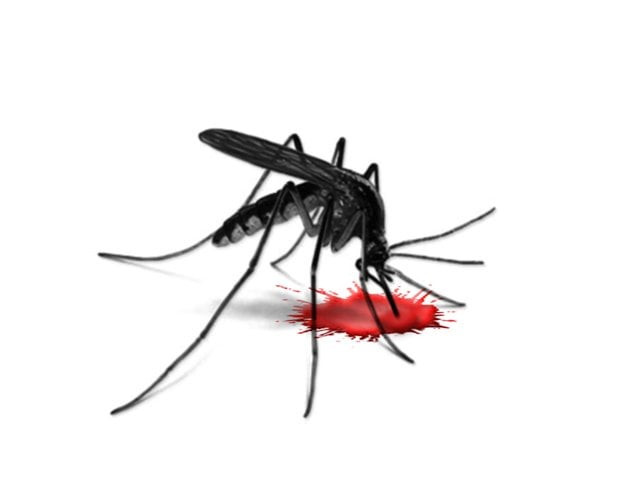Management guidelines: Consistent efforts needed for dengue control, prevention
Speakers say dengue is under control, and awareness is a must for the masses, speakers

STOCK IMAGE
They said that no patient would die if proper treatment and follow-up supervision is continued. The speakers noted that the Punjab Healthcare Commission (PHC) along with the provincial government is working for the dengue eradication.
The session was chaired by PHC Chief Operating Officer Dr Muhammad Ajmal Khan, and addressed by Commissioner Rawalpindi Division Nadeem Aslam Chaudhry, Deputy Commissioner Tallat Mehmood Gondal, Chief Executive Officer District Health Authority Rawalpindi Dr Sohail Ahmed Chaudhry, Member DHA Rawalpindi Dr Asad Ali, office-bearers of the Pakistan Academy of Family Physicians Rawalpindi Dr Shaukat Qureshi, Dr Sarfraz Bashir and Dr Manzoor Ahmed, health specialists, officers of the district administration and others. Director Clinical Governance and Organisational Standards PHC Dr Mushtaq Ahmed Salaryia thanked the attendees and underlined the need for learning more about various laws and rules governing the health sector.
NIH calls for strengthening dengue prevention
Dr Muhammad Ajmal Khan, while inaugurating the seminar, underlined the importance of having proper awareness about the disease, and asked the stakeholders to play their due role. He considered the family physicians as the first line of defence against dengue.
While talking about the anti-quackery efforts of the PHC, he said the Commission was continuing with its crackdown on quacks across the province, and had sealed about 8,200 businesses of quacks, and imposed a fine of more than Rs63.50 million on them so far. “On the other hand, the PHC has registered and licensed more than 41,000 healthcare establishments (HCEs), and trained 16,288 health professionals of over 12,000 HCEs to implement the Minimum Service Delivery Standards (MSDS),” he said, while adding that the PHC had carried out over 10,000 inspections, which included 5,747 pre-assessment and 4,560 regular inspections. “Also, for the capacity-building of the health professionals and implementation of the MSDS, the Commission has arranged about 400 training sessions for 16,300 health professionals of more than 12,000 HCEs,” he said. “Seeing its success in the implementation of its mandate, other provinces and Islamabad Capital Authority are in the process of replicating the PHC Act and model. A few consultative meetings have been held with the provinces, and the Commission is supporting them fully in implementing the reform agenda,” said the COO PHC.
Preventive measures: Sindh out to prevent spread of dengue
Nadeem Aslam Chaudhry, Tallat Mehmood Gondal and Dr Sohail Ahmed Chaudhry appreciated the PHC for its efforts in improving the health service delivery, especially its anti-quackery campaign. They informed participants on the situation of dengue in the district and steps taken to address the issues. For the district administration, the dengue situation was well under control.
Former Vice-Chancellor Shaheed Zulfikar Ali Bhutto Medical University and CEO PIMS Islamabad Prof Dr Javed Akram apprised the participants of the ways to treat the disease, and refuted certain misperceptions regarding the nature and treatment of the dengue. “The prevalence of dengue disease among adults was unique to Pakistan. It was decided that since the disease was recurring and could not be eradicated without a miracle, more efforts will be undertaken to disseminate information about the proper management of the disease,” he added while giving a detailed presentation about different levels of treatment of the patients.
Published in The Express Tribune, March 29th, 2018.



















COMMENTS
Comments are moderated and generally will be posted if they are on-topic and not abusive.
For more information, please see our Comments FAQ